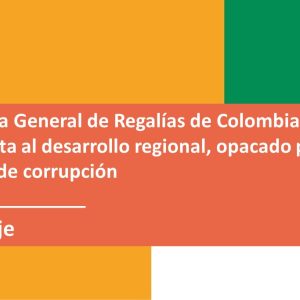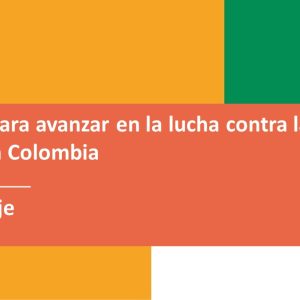The Central American country’s Congress approved a law that rejects the extraction of metals. According to the deputies, it will have a minimal effect on the economy as it represents 0.3% of GDP and could save 90% of surface waters, which are currently polluted.
El Salvador has just made history by becoming the first country in the world to ban metal mining.
On Wednesday, the Central American country’s Congress met and with 69 votes in favor, out of a total of 84, approved the Metal Mining Prohibition Law. In this way, the legislators declared El Salvador a mining-free territory.
As the legislative decree that gave life to the law states, when the exploitation of Salvadoran soil and subsoil is banned, the processes that are open for obtaining mining licenses are closed.
The law gives artisanal miners who depend on this activity for their family’s subsistence a two-year period to transform their activities into more sustainable ones, with government support.
Congress also ordered the Ministry of Economy to proceed “to close metal mines” and to coordinate with the Ministry of Environment to remedy “the damage caused by the mines”, in order to “return to the population the conditions of a healthy environment”.
The deputies, however, did not prohibit the handmade manufacture, repair or commercialization of jewelry or precious metal products, a point that was contemplated in the discussions.
For Pedro Cabezas, leader of International Allies Against Mining in El Salvador, “this is a victory for the communities who, for more than a decade, have organized relentlessly to keep mining companies out of their territories. The ban ensures the long-term ecological viability of a country already considered one of the most environmentally vulnerable in the world,” he told the The Guardian.
The ruling Farabundo Martí National Liberation Front (FMLN) deputy, Guillermo Mata, said he regretted the delay in enacting a law that took more than 12 years of discussions and for which at least six initiatives were presented. He also commented that the law “is bathed in blood”, given that four environmentalists were murdered for defending the protection of natural resources in the north of the country.
National polls had already reported on Salvadorans’ desire to confront mining, and during this month thousands of people took to the streets to support the bill, which was backed by the Catholic Church, academics and civil society groups. While the legislative debate was taking place, several activists arrived in the country’s capital, San Salvador, with banners reading “No to mining, yes to life”.


